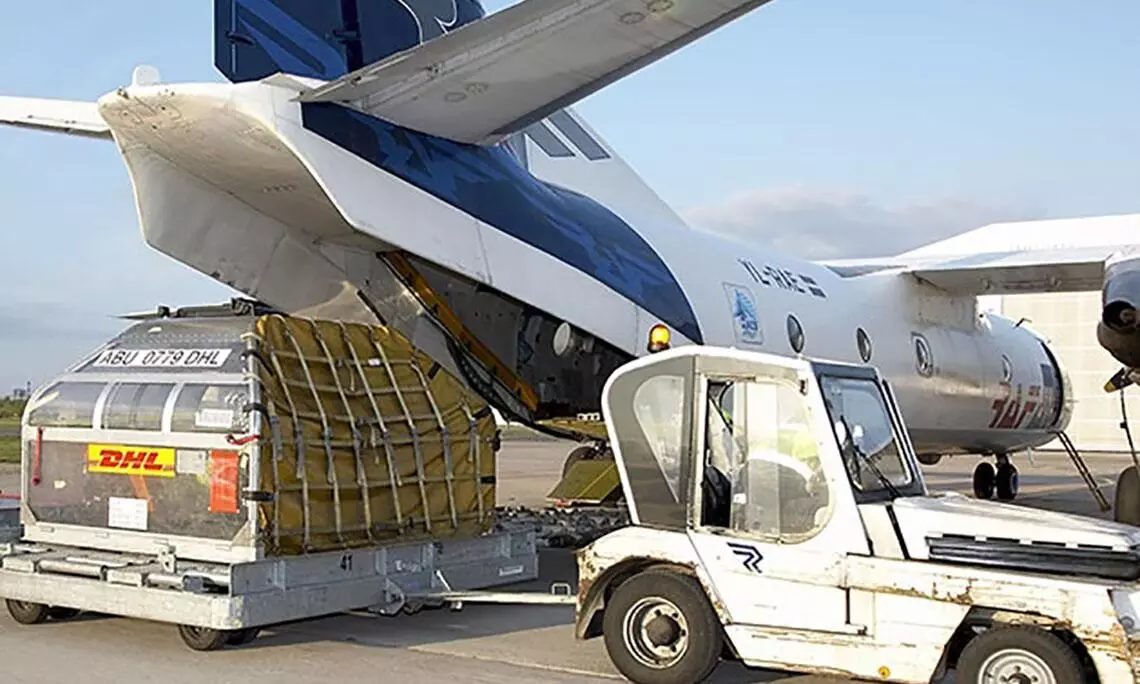
Overcapacity & Covid-19 effects put customers in pilot's seat
Charter provides a level of control & flexibility unmatched by transportation in flight bellies even at low cost

While many industries are slowly but surely getting back on their feet since the chaos of the pandemic, its tumultuous effects continue to ripple through the air cargo industry. As a sector inextricably linked with the evolving global landscape, factors such as geopolitical conflicts and inflation continue to negatively impact its robustness.
Discussions in recent months have focused on what this means for those within the industry – mainly steep falls in demand and profitability. However, amid these discussions, there has been less focus on the impact on a key stakeholder. For customers looking to charter an aircraft at present, the cost has never been more budget-friendly. Despite these low prices, many customers are reluctant to take advantage.
Grappling with the rise and fall of Covid-19
One likely reason for this trend can be attributed to customers’ lingering concerns about the cost of airline charters during Covid-19. The unprecedented demand for air cargo due to the urgent need for medical supplies and the growth of e-commerce meant prices sky-rocketed - with high demand came high prices. Sea cargo bottlenecks only exacerbated this scenario. To put this into context, chartering an aircraft peak-pandemic cost around 200-300 percent more than pre-pandemic prices.
Meanwhile, the air cargo industry thrived during this period. With increased demand came an increase in new entrants, more passenger-to-cargo plane conversions and more aircraft purchases. While necessary during the peak of the pandemic, a different dynamic has emerged with the easing of the pandemic: a subsequent decrease in demand and an overcapacity of both goods and aircraft in the market. The added strain of operational costs due to geopolitical conflicts has contributed to the woes with the price of fuel accounting for two-thirds of the chartering costs.
Seeking solutions and resilience
Airlines have reacted to this by trying to delay passenger-to-cargo plane conversions and delivery of new aircraft purchases. Meanwhile, acquisitions have been a prominent theme as larger airlines seek to expand their market presence by snapping up smaller firms at favourable prices, capitalising on their struggles to turn a profit. In addition, new entrants to the industry who did not enjoy the benefits of high demand during the pandemic have less cash reserves to sustain themselves and now teeter on the edge of collapse. In a bid to remain competitive, airlines have slashed prices for air cargo charters, creating a window of opportunity for customers to secure exceptional deals.
Some air cargo customers are using cargo space in passenger aircraft bellies at diminished prices but they are missing an opportunity here. Although it was the more affordable option when prices were inflated, since the decline in demand, private air charter provides a level of control and flexibility unmatched by transportation in passenger flight bellies even at low cost. Similar to hiring a private car rather than taking the bus, you gain the benefits of your own schedule, faster transit times and a lack of restraints. And crucially, currently hiring that private car costs the same as using the bus.
Green shoots on the horizon
By examining the current air cargo market, the reactions from both customers and airlines highlights the need for a global, multifaceted perspective to understand the industry and its evolving dynamics. During the current turmoil, the role of trusted experts to provide transparent advice has never been more critical.
Air cargo is often the first to go and the last to come back but it’s important to remember that it will recover. Warehouses will eventually empty, inflation will decrease, and people will start spending again, triggering greater demand for air cargo. Striving for a middle ground, where supply and demand find a harmonious balance, is the ideal scenario that ensures fair and balanced costs for all involved parties. Until we reach that point, customers of air cargo charters find themselves in a favourable position, benefiting from low costs in the current market landscape.


